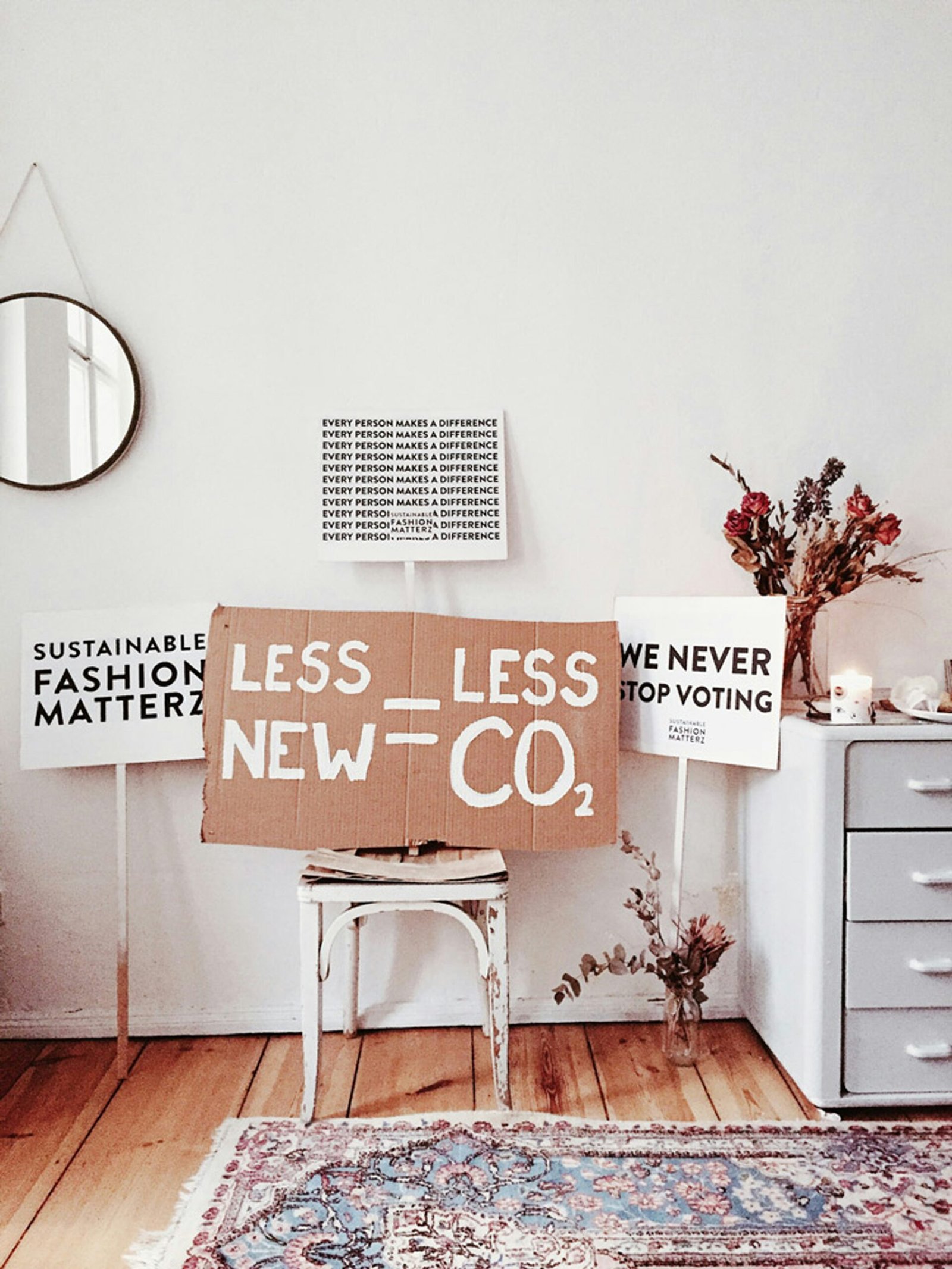
One of the key practices in sustainable fashion is the use of eco-friendly materials. Traditional fashion often relies on materials such as cotton, which requires large amounts of water and pesticides to grow. In contrast, sustainable fashion brands are turning to alternative materials that have a lower environmental impact.
For example, some brands are using organic cotton, which is grown without the use of harmful chemicals. Others are using materials such as hemp, bamboo, or Tencel, which are known for their sustainability and durability. These materials not only reduce the environmental impact of clothing production but also provide consumers with high-quality and long-lasting garments.
Another important aspect of sustainable fashion is ethical manufacturing. Many fashion brands outsource their production to countries with lax labor laws, where workers are often underpaid and subjected to poor working conditions. Sustainable fashion brands, on the other hand, prioritize fair labor practices and ensure that their workers are paid a living wage and provided with safe working conditions.
In addition to using eco-friendly materials and promoting ethical manufacturing, sustainable fashion also focuses on reducing waste. The fashion industry is notorious for its high levels of waste, with millions of tons of clothing ending up in landfills each year. Sustainable fashion brands are tackling this issue by implementing strategies such as recycling, upcycling, and designing garments that are made to last.
Recycling involves transforming old or unwanted clothing into new garments or other textile products. Upcycling, on the other hand, involves repurposing old clothing or materials to create something new and unique. By embracing these practices, sustainable fashion brands are not only reducing waste but also encouraging consumers to think twice before throwing away their clothes.
Furthermore, sustainable fashion brands are designing garments that are made to last. Fast fashion has conditioned consumers to expect cheap and disposable clothing, but sustainable fashion is challenging this mindset. By creating high-quality garments that are meant to be worn for years, sustainable fashion brands are promoting a more sustainable and responsible approach to fashion consumption.
In conclusion, sustainable fashion is a movement that is gaining momentum in response to the environmental and ethical challenges posed by the fashion industry. By using eco-friendly materials, promoting ethical manufacturing, and reducing waste, sustainable fashion brands are paving the way for a more sustainable and responsible fashion industry. So, the next time you go shopping, consider choosing sustainable fashion and join the movement towards a greener future.
In addition to promoting environmentally friendly practices, sustainable fashion also focuses on social responsibility. This means ensuring that the workers involved in the production process are treated fairly and paid a living wage. Many sustainable fashion brands prioritize ethical manufacturing practices and strive to create safe and healthy working conditions for their employees.
Furthermore, sustainable fashion encourages transparency and traceability throughout the supply chain. This means that brands are expected to provide information about the origins of their materials, the production processes involved, and the environmental and social impact of their products. By being transparent, consumers can make informed choices and support brands that align with their values.
Education and awareness are also key components of the sustainable fashion movement. Many organizations and individuals work to educate consumers about the environmental and social impact of the fashion industry. This includes raising awareness about the harmful effects of fast fashion and promoting sustainable alternatives.
Overall, sustainable fashion is a holistic approach to clothing production and consumption. It encompasses not only the materials used and the production processes involved but also the social and environmental impact of the fashion industry as a whole. By supporting sustainable fashion, individuals can contribute to a more ethical and environmentally conscious future.
4. Health Benefits
Another benefit of sustainable fashion is the potential health benefits it can offer to consumers. Conventional fashion practices often involve the use of toxic chemicals, such as dyes and finishes, which can have adverse effects on both the environment and human health.
On the other hand, sustainable fashion brands prioritize the use of natural and non-toxic materials, reducing the risk of exposure to harmful substances. For example, organic cotton is grown without the use of synthetic pesticides and fertilizers, making it a safer and healthier option for both farmers and consumers.
In addition, sustainable fashion often involves the use of natural dyes and eco-friendly finishes, which are less likely to cause skin irritations or allergies. This can be particularly beneficial for individuals with sensitive skin or allergies to certain chemicals.
5. Innovation and Creativity
Sustainable fashion encourages innovation and creativity in the industry. With a focus on finding alternative materials and production methods, sustainable fashion brands are constantly pushing the boundaries of what is possible in fashion design.
For example, some brands are experimenting with fabrics made from recycled materials, such as plastic bottles or discarded fishing nets. Others are exploring innovative dyeing techniques that use less water and energy, or even developing new materials from agricultural byproducts.
This emphasis on innovation not only leads to more sustainable practices, but also opens up new opportunities for designers to create unique and cutting-edge fashion pieces.
6. Consumer Empowerment
By choosing sustainable fashion, consumers have the power to make a positive impact on the fashion industry and the world at large. With each purchase, consumers can support brands that align with their values and contribute to a more sustainable and ethical fashion system.
Furthermore, sustainable fashion often promotes transparency and accountability, allowing consumers to make informed choices about the products they buy. Many sustainable fashion brands provide detailed information about their supply chain, including where and how their garments are made, as well as their environmental and social impact.
This transparency empowers consumers to make conscious decisions and encourages them to demand more sustainable practices from the fashion industry as a whole.

